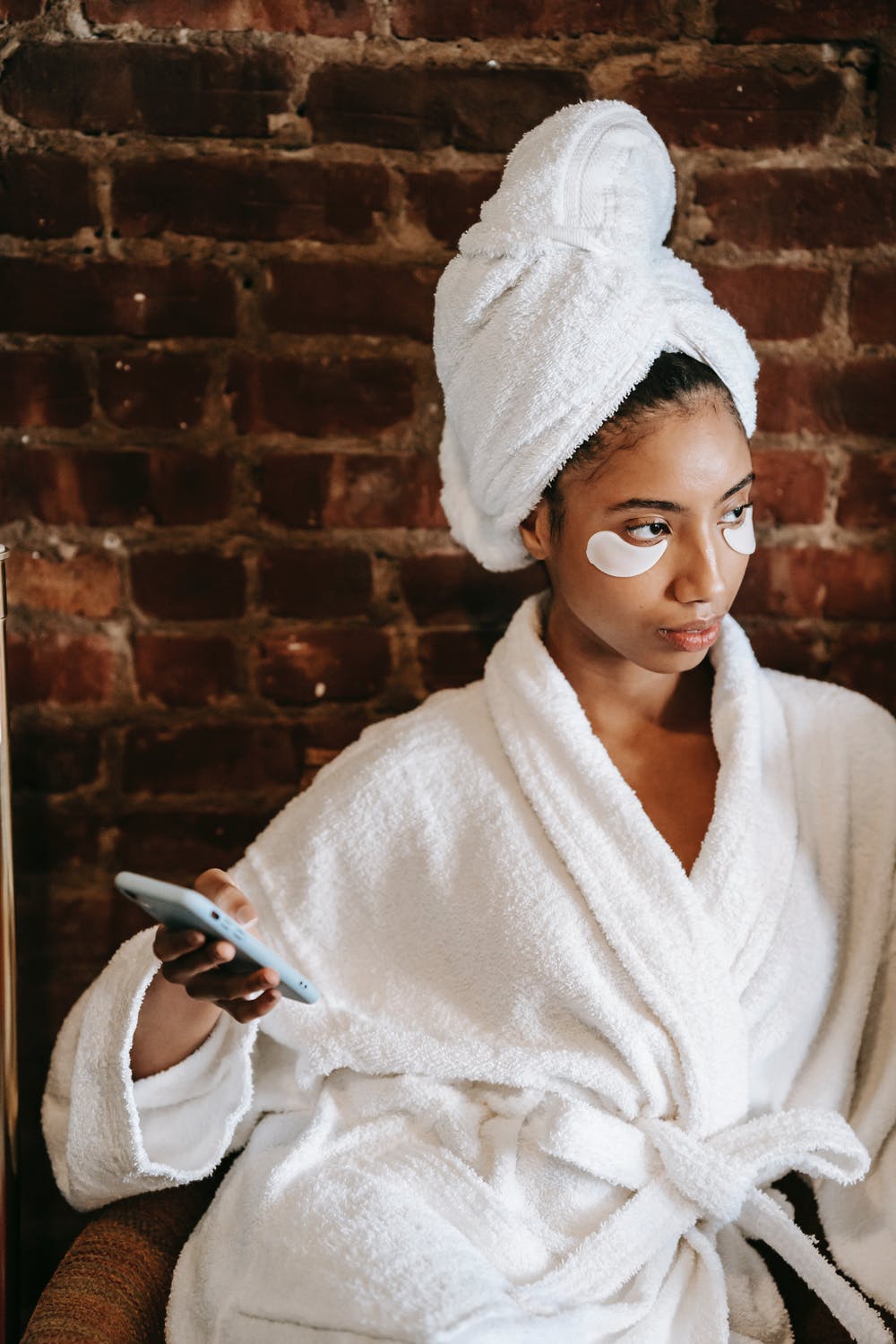It seems like every year or two a new kind of product hits the beauty market that promises to pour out the fountain of youth on the people who use them. While they do not make the claims directly, their marketing can lead you to believe that a product will hide your scars and leave you with youthful, supple, stunning skin. This year’s product du jour is collagen. Collagen is all the rage and it’s easy to see why skincare developers want to include this ingredient in their products.
Before we ask some important questions about the collagen products you are putting on your face and body, it’s probably important to define what collagen is for those of you who don’t know. Collagen is a protein found only in animals. Humans, fish, cows, dogs, cats, etc. all have collagen in their bodies. Collagen is a connective tissue that gives structure to different parts of the body including the skin. Part of the reason that skin tissue begins to sag as people age is a lack of collagen.
The problem with collagen creams is that it’s hard to know if it’s the collagen that’s helping or one of the other myriad of ingredients. If you want to know if a collagen product lives up to its claims, it’s best to ask some critical questions before you go buy any of the products.
Were They Tested for Efficacy?
It’s critical that you only buy collagen products that have undergone cosmetic testing. This will ensure that the products you buy aren’t a giant waste of money. There are some collagen products that are designed to go on the skin and there are others that are designed to eat and/or drink. Some companies have even developed collagen elixirs that are designed to help increase the uptake of collagen into the body so that it can be used more efficiently.
Unfortunately, if you’re vegan and you’re looking for vegan products, there is no way for a collagen product to be vegan. While they may not test the product on animals, collagen itself is an animal protein and there is no vegan substitute.
Were They Tested for Safety?
Not only is it important to use products that are tested for efficacy, you also want ones that are tested for safety. Some people experience redness, rashes, swelling, and even acne when they use certain products. Looking at the safety profile of the product will help you determine if the product is right for you. Just because it has collagen and collagen can improve skin tone, doesn’t mean that everyone has the same results.
What Kind of Collagen Are They Using?
Collagen comes from animals, but some people are against using bovine collagen, while others need to steer clear of fish collagen. Most labels and companies will reveal what type of collagen they use in their creams and lotions. This can help the discerning consumer decide whether the product is right for them. When you’re trying to decide if the product lives up to its claims, you might even want to investigate if it lives up to the claims it makes for the type of collagen and how they harvest the materials to make the elixir or cream.
What Other Ingredients are in the Products?
Here’s the big thing. Collagen proteins in a cream or lotion can help improve your skin. However, there may be other ingredients that are also helping. This would make it hard to know if the collagen is what’s helping, or if it’s hyaluronic acid or another skin healing compound. Additionally, there are toxic ingredients that get into cosmetics in America. It’s a relatively unregulated industry, so there may be carcinogenic ingredients that can also cause you more harm in the long run.
Learning about all the ingredients in a lotion or cream can help you decide if you want to jump on the collagen cream bandwagon or if you want to stick with your organic and toxin-free products instead. When it comes to skin health and reducing the signs of aging, you can easily find great products when you start asking the right questions. Some collagen products do live up to their claims, while others may just be the same formulation of lotion with a little collagen added to the mix.

